Essential Puppy Training Schedule for 8 Weeks
DR
Essential Puppy Training Schedule for 8 Weeks
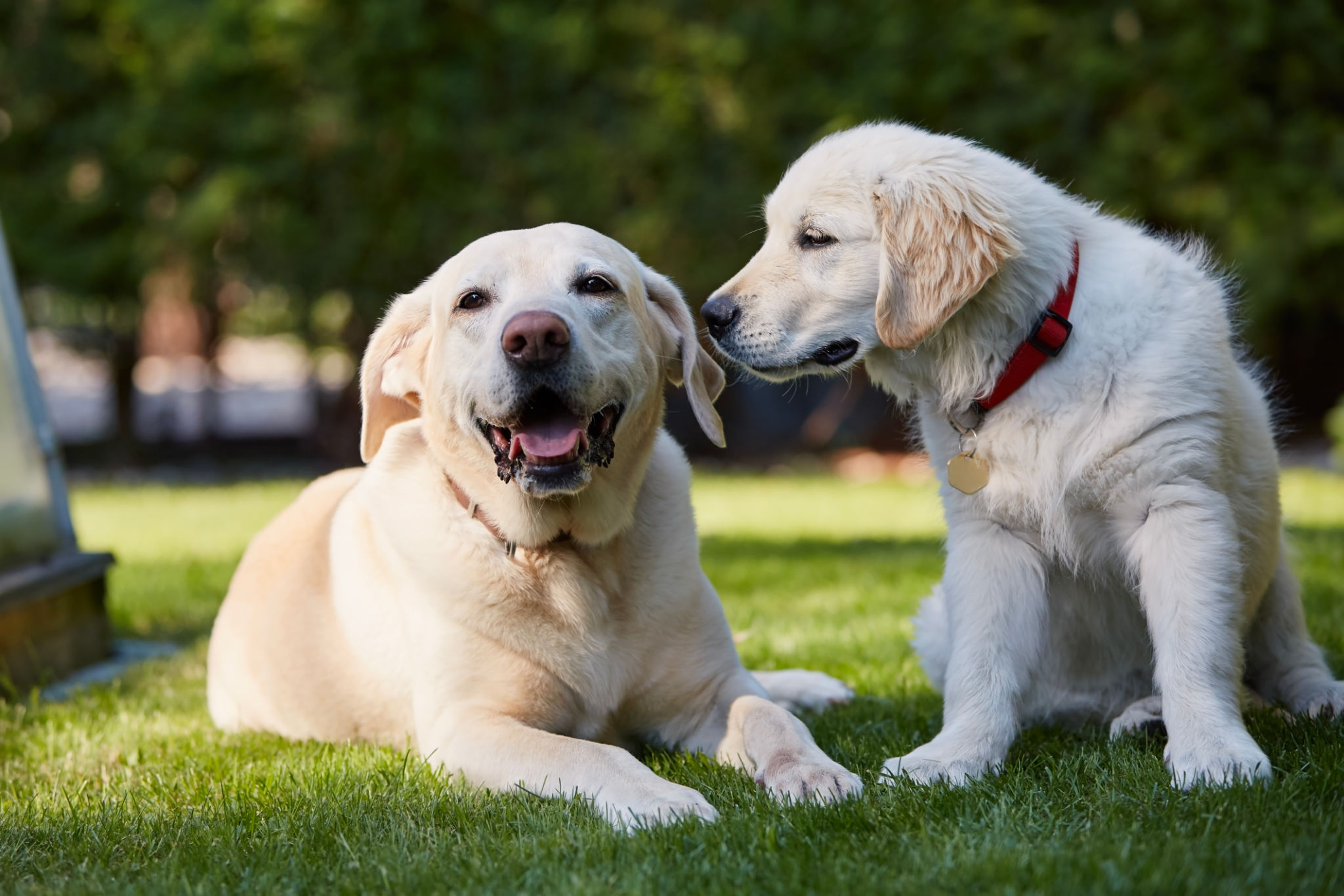
Create a well-structured puppy training schedule for 8 weeks to establish routine, reduce anxiety, and instill good behavior. Learn essential tips for each week!
The Role of Structure in Development
A well-structured training schedule is pivotal for your puppy's overall development. It provides them with a sense of security and predictability, which is essential for their mental and emotional well-being. Puppies, much like human children, thrive on routine, as it helps them understand the world around them and what is expected of them in various situations.
Housebreaking and Anxiety Reduction
A consistent training schedule aids significantly in housebreaking your puppy. By establishing regular routines, you can effectively teach your puppy where and when to relieve themselves, minimizing accidents in the house. Moreover, a structured schedule reduces anxiety, as your puppy learns to anticipate daily events, such as feeding and playtime, which helps them feel more secure and less stressed.
Foundation for Good Behavior
The habits and behaviors that your puppy learns in the early weeks will set the foundation for their future behavior. A training schedule helps to instill good habits early on, ensuring that your puppy grows into a well-behaved adult dog. By introducing commands and reinforcing positive behaviors consistently, you are laying the groundwork for obedience and good manners in various social settings.
Week 1: Bringing Your Puppy Home
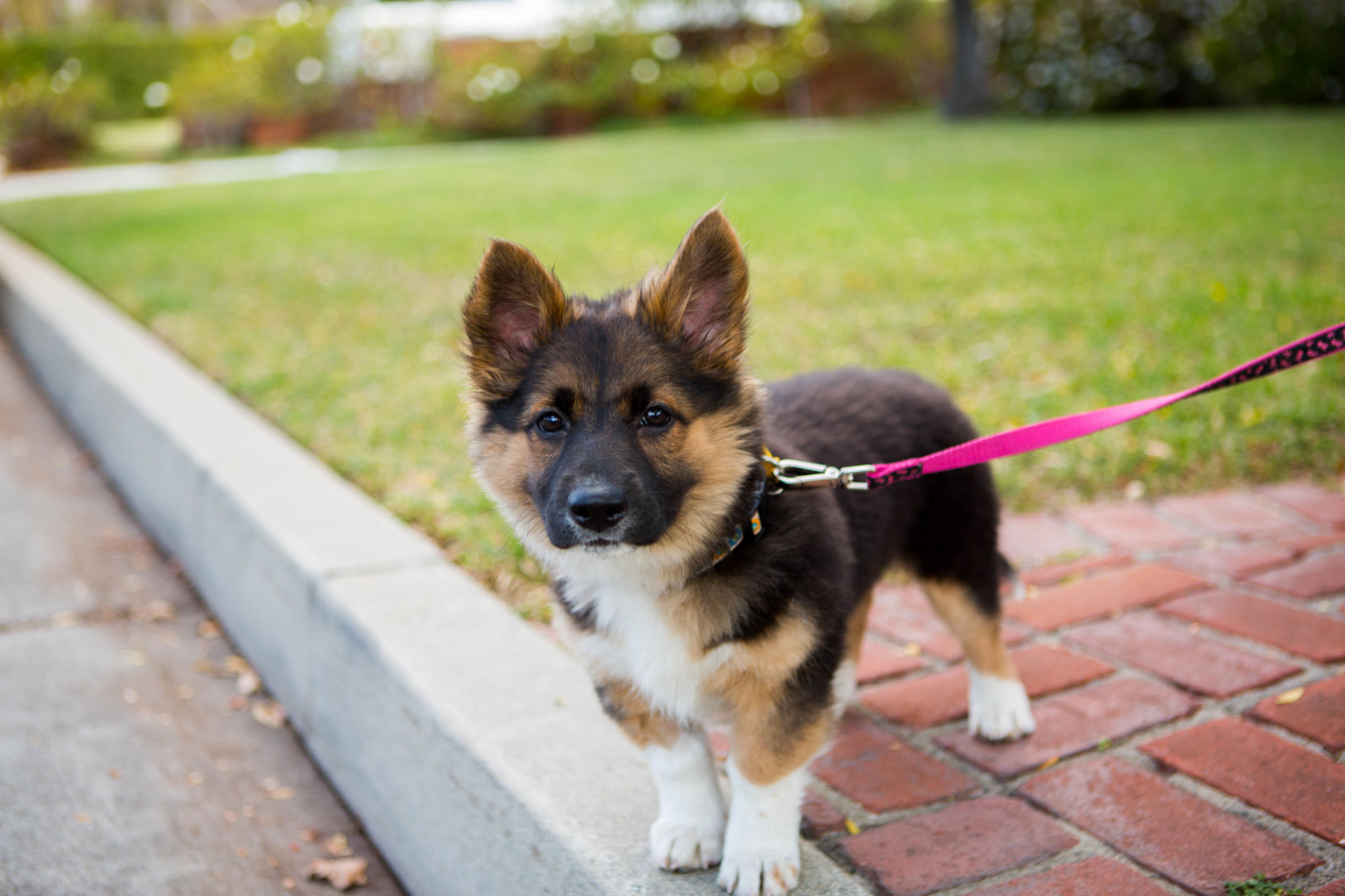
Settling In: Creating a Safe Haven
The first week is primarily focused on helping your puppy acclimate to their new environment. Allow them to explore their new surroundings and familiarize themselves with the different rooms and spaces in the house. This exploration phase is vital for building their confidence. Make sure to set up a designated area where they can retreat when they need rest or feel overwhelmed. Introduce them to their crate, which will become their safe haven, providing a sense of security and comfort.
Basic Commands: The Building Blocks
Begin with teaching simple commands such as "sit" and "stay," using positive reinforcement techniques like treats and praise. These basic commands are the building blocks of more advanced training. Keep the training sessions short, approximately 5-10 minutes, as puppies have limited attention spans. Consistency is key, so practice these commands multiple times a day, ensuring each session ends on a positive note.
House Training: Establishing Routines
Start house training immediately by taking your puppy outside frequently. Establish a routine by taking them out every two hours, and particularly after meals and upon waking. Consistency helps them associate going outside with relieving themselves. Reward them with treats and praise when they do their business outside, reinforcing the desired behavior. Patience is crucial during this phase, as accidents are bound to happen.
Week 2: Building a Routine
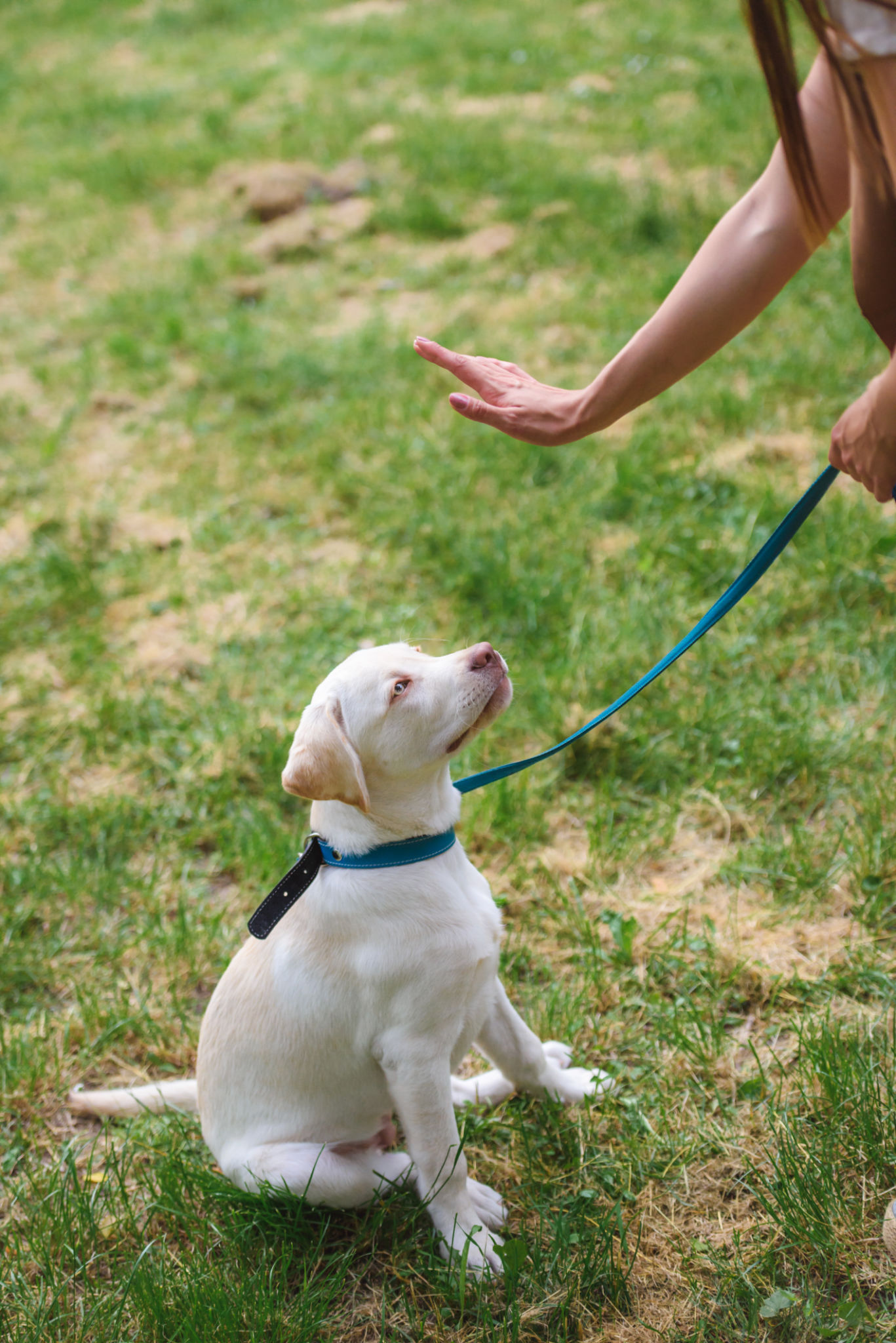
Feeding Schedule: Establishing Consistency
Establishing a regular feeding schedule is vital for your puppy's digestion and overall health. Puppies typically need to be fed three to four times a day to support their rapid growth and energy needs. Consistent meal times also aid in house training, as a regular feeding schedule helps regulate their digestive system, making it easier to predict when they need to go outside.
Socialization: Broadening Horizons
Begin the process of socialization by exposing your puppy to a variety of environments, sounds, and people. This exposure is crucial for their development into well-adjusted adult dogs. Introduce them to different textures and surfaces, such as grass, carpet, and tiles, to broaden their experiences. Socialization helps them become more adaptable and less fearful of new situations.
Leash Training: Walking with Confidence
Introduce your puppy to wearing a collar and walking on a leash. Start the training indoors to allow them to get accustomed to the feel of the collar and leash without the distraction of the outdoors. Gradually transition to short walks outside once they are comfortable. Use treats and positive reinforcement to encourage them to walk beside you and not to pull on the leash.
Week 3: Reinforcing Good Behavior
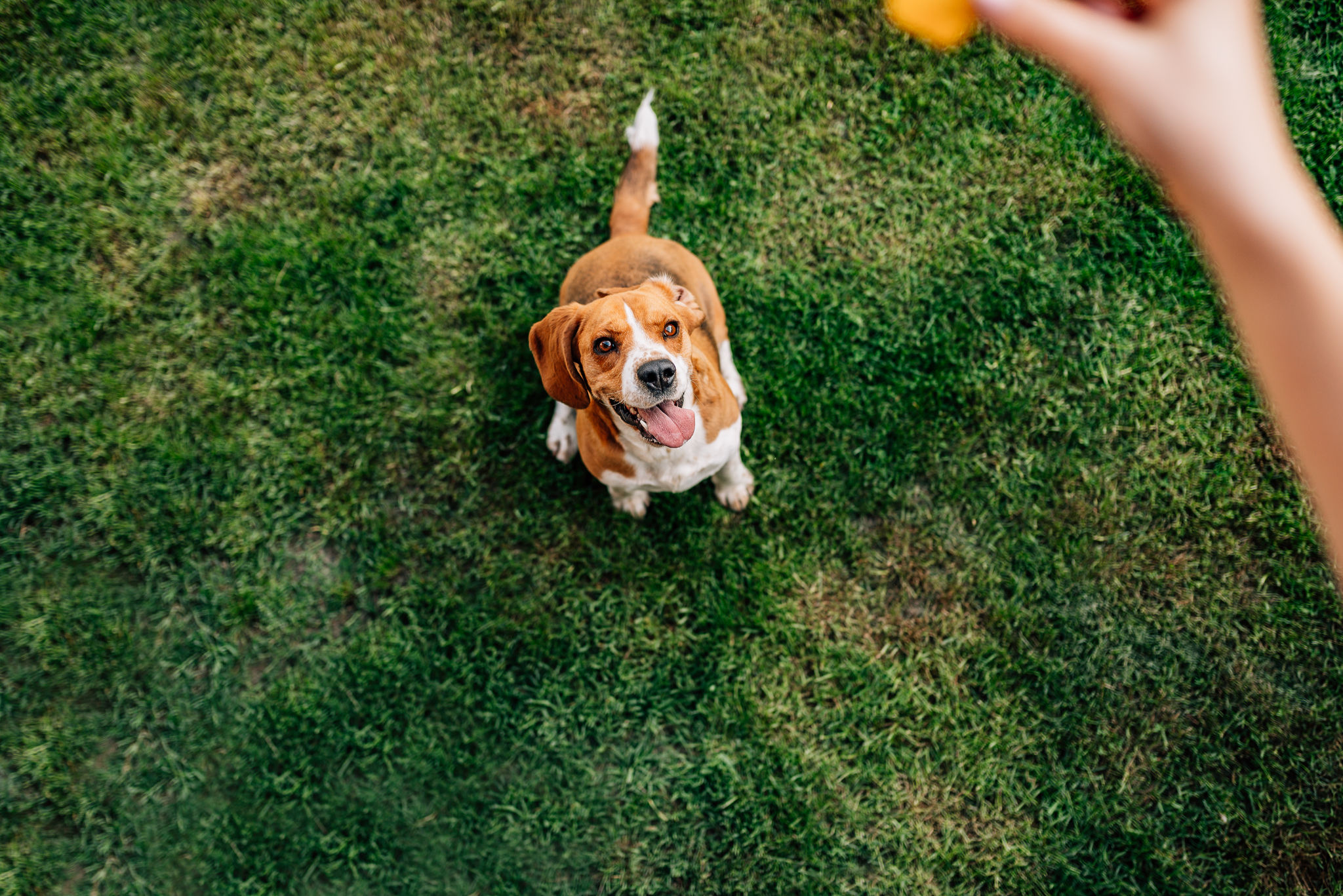
Continue Basic Commands: Building on Foundations
Continue to practice the basic commands "sit" and "stay," and introduce new ones such as "come" and "down." These commands are essential for managing your puppy's behavior in various situations. Ensure that everyone in the household uses the same commands and techniques to avoid confusing your puppy. Consistency and repetition are key to reinforcing these behaviors.
Preventing Biting: Redirecting Energy
Puppies have a natural urge to chew and bite, especially as they teethe. Provide them with plenty of chew toys to satisfy this urge and prevent them from biting people or furniture. Redirect their attention from biting people to toys by using commands like "no bite" and rewarding them when they comply. Consistent redirection helps them learn appropriate behaviors.
Week 4: Increasing Training Complexity
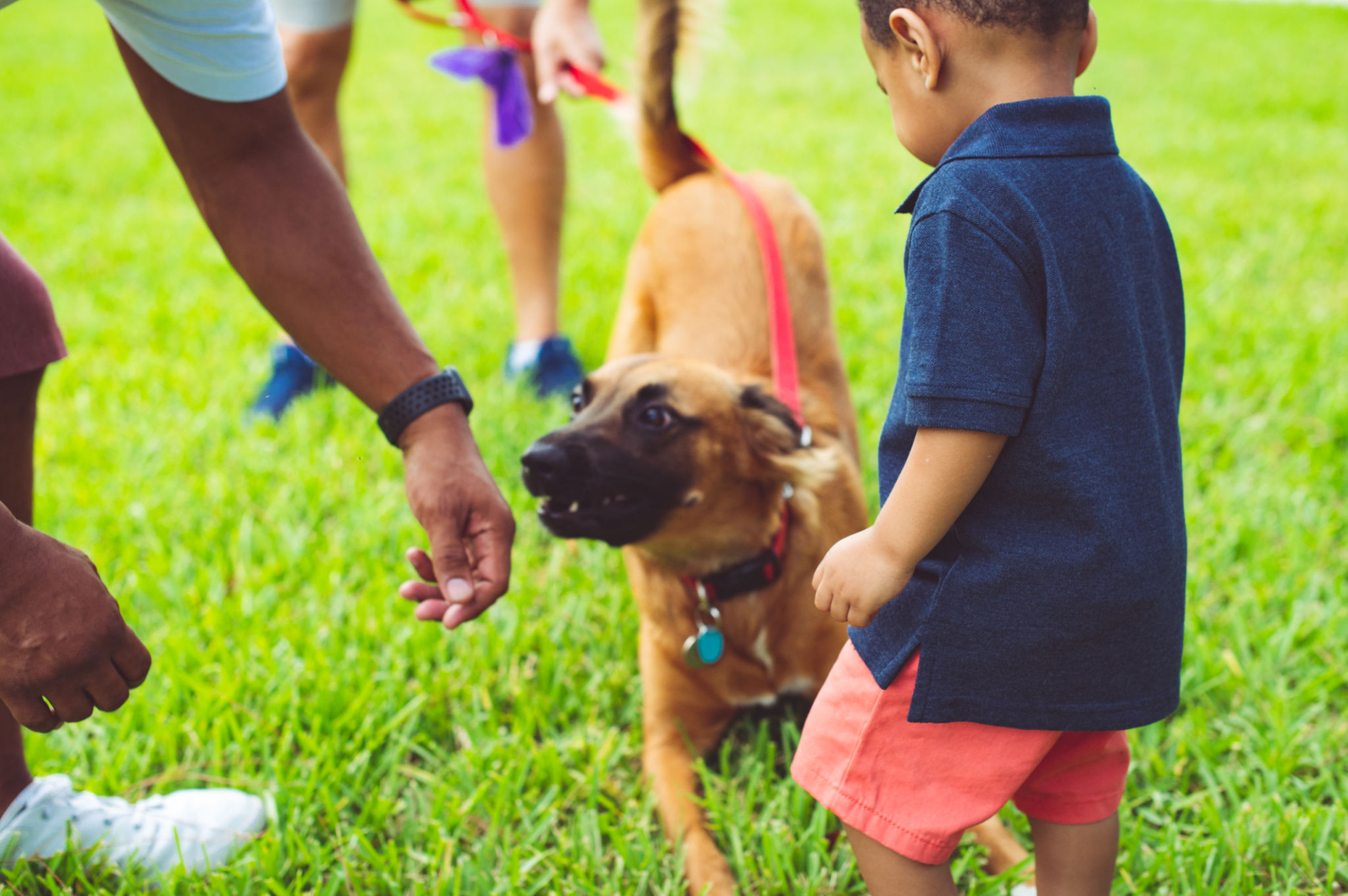
Advanced Commands: Ensuring Safety
Start introducing more complex commands such as "leave it" and "drop it." These commands are crucial for ensuring your puppy's safety, especially when they pick up something hazardous. Practice these commands regularly, both during play and in real-life situations, to ensure they understand and respond promptly. Consistent practice will help them learn to trust and follow your guidance.
Crate Training: Building Comfort
By this stage, your puppy should be more comfortable with their crate. Encourage them to spend short periods in it during the day, gradually increasing the time. Crate training helps with separation anxiety and makes travel easier. Make the crate a positive space by providing treats and toys, and never use it as a punishment.
Week 5: Solidifying Social Skills
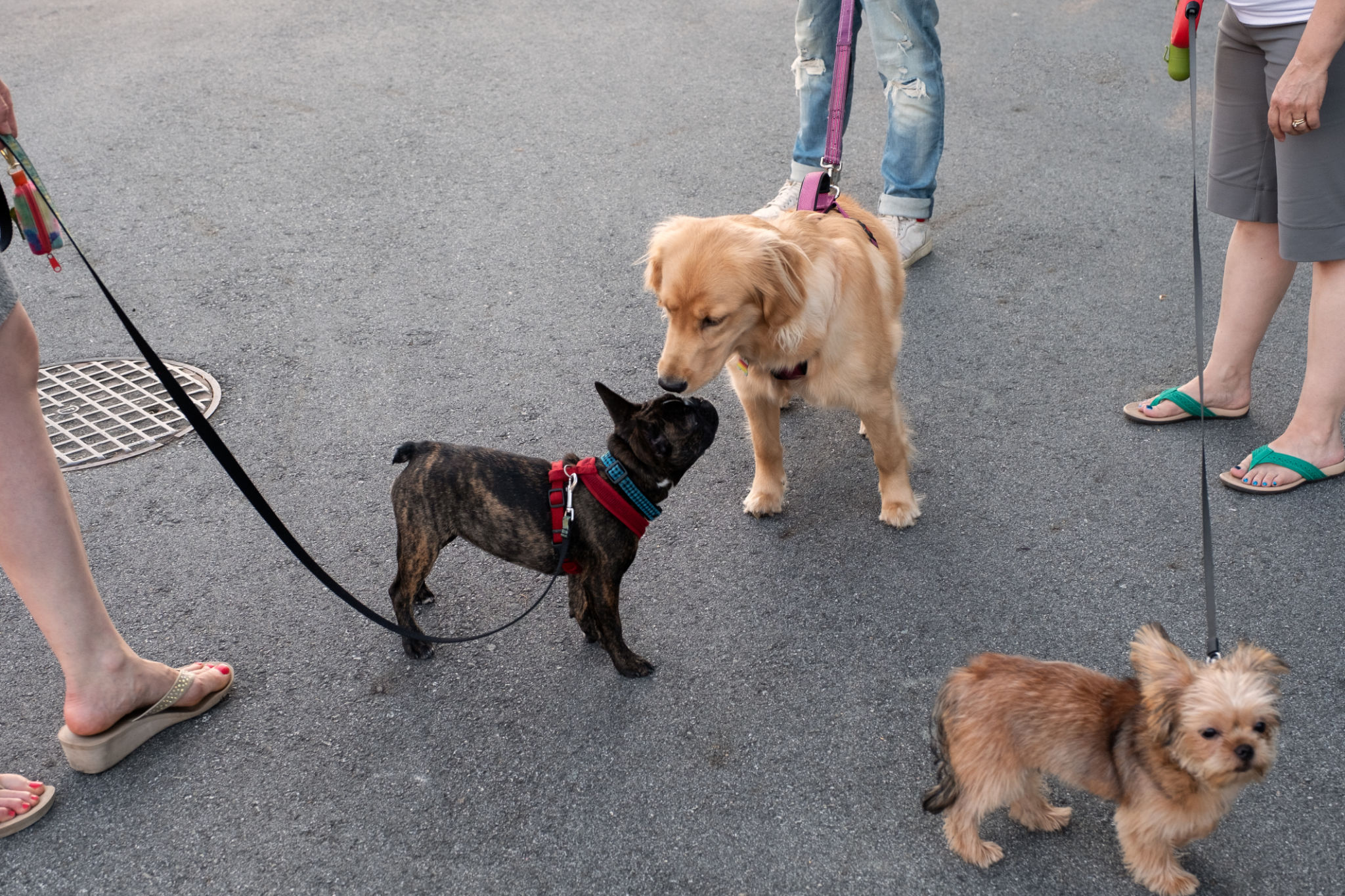
Meeting Other Dogs: Positive Interactions
Arrange playdates with other vaccinated dogs to help your puppy develop good canine manners. Socializing with other dogs is crucial for their ability to interact positively with other animals. Always supervise these interactions to ensure they are safe and positive experiences. Playdates provide an opportunity for your puppy to learn social cues and appropriate play behaviors.
Handling Exercises: Building Trust
Get your puppy accustomed to being handled by gently touching their paws, ears, and mouth. These handling exercises are essential for making future grooming and vet visits less stressful. Regularly practice these exercises in a calm and gentle manner to build your puppy's trust and comfort with being handled. Use treats and praise to reinforce positive associations with handling.
Week 6: Building Confidence
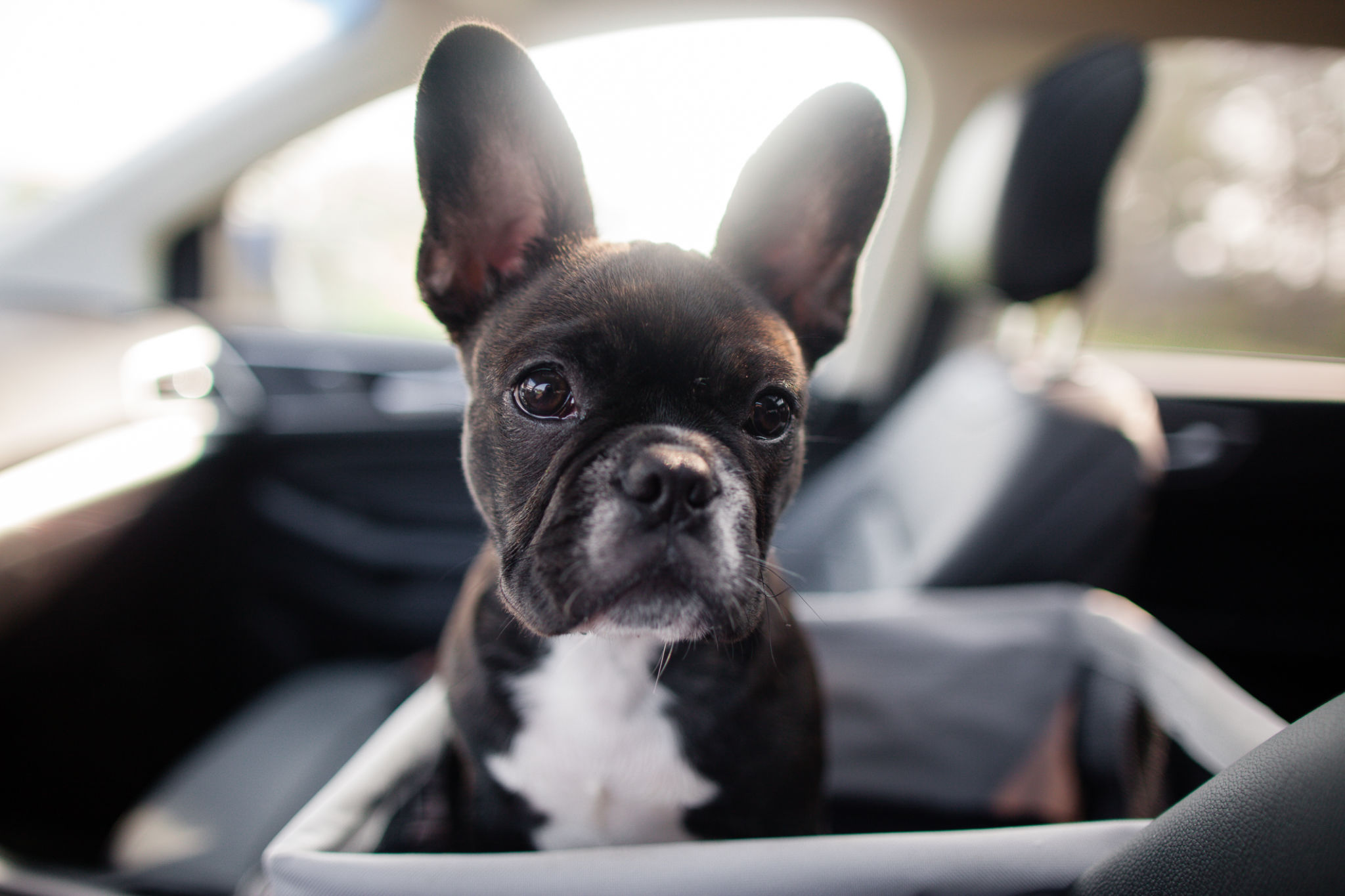
Exploring New Situations: Expanding Comfort Zones
Introduce your puppy to new situations such as car rides and different locations. The more experiences they have, the more adaptable and confident they'll become. Gradually expose them to new environments, ensuring each experience is positive and not overwhelming. These experiences help them develop the confidence to handle unfamiliar situations calmly.
Obedience Classes: Professional Guidance
Consider enrolling your puppy in a basic obedience class. Professional guidance can be invaluable in refining your puppy's training and addressing any specific challenges. Obedience classes also offer structured socialization opportunities with other puppies, helping them learn to focus and follow commands in a group setting. These classes provide a foundation for more advanced training in the future.
Week 7: Enhancing Training
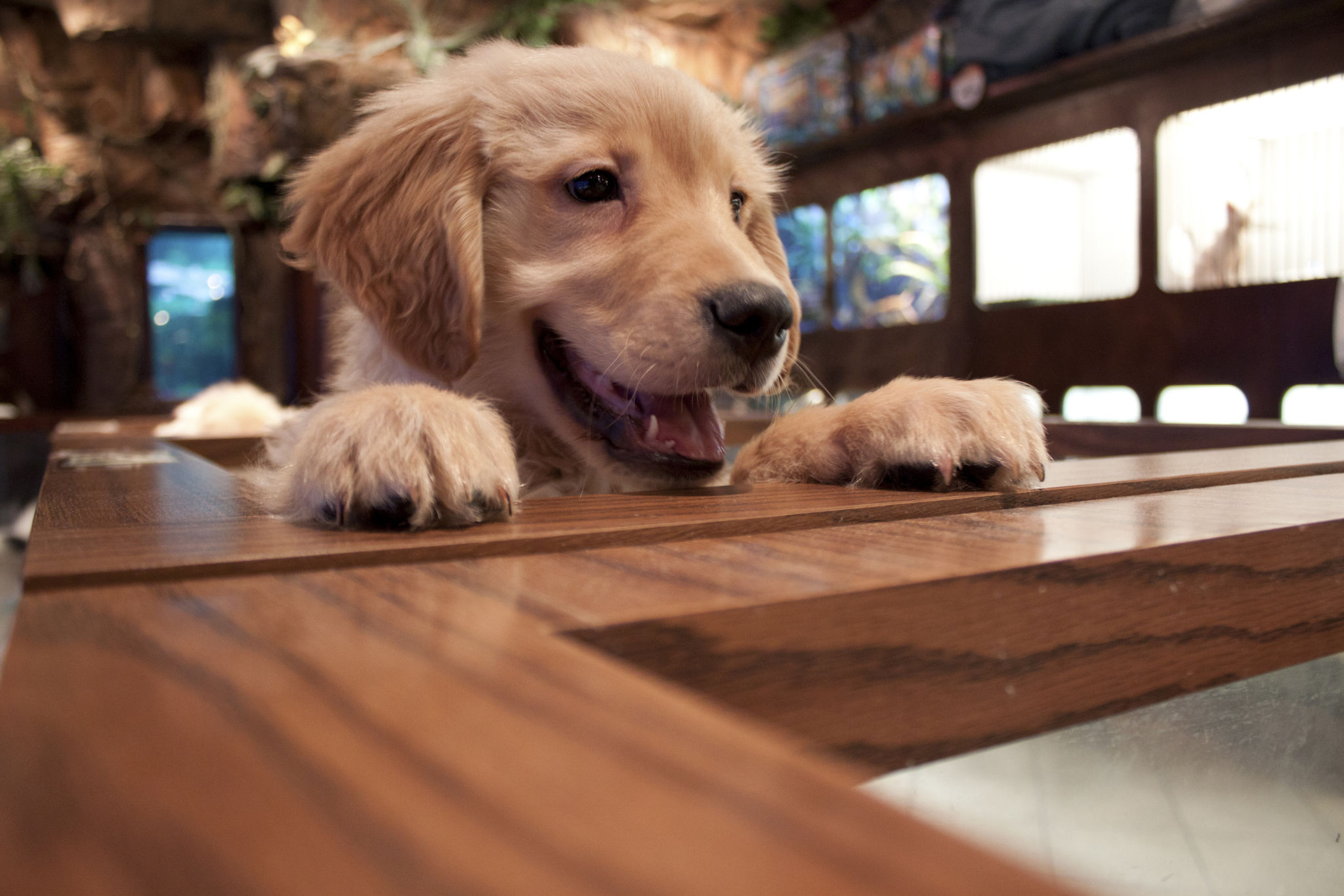
Recall Training: Strengthening Response
Focus on recall training to ensure your puppy responds to your call, even with distractions. Practice in a secure area, gradually increasing the level of difficulty as your puppy becomes more confident. Use high-value treats and plenty of praise to reinforce a strong recall response. A reliable recall is essential for your puppy's safety and your peace of mind.
Consistent Exercise: Balancing Energy
Ensure your puppy gets enough exercise to burn off energy and maintain a healthy weight. Engage in activities like playing fetch, going for walks, and encouraging interactive play. Regular exercise helps prevent behavioral issues stemming from excess energy and provides mental stimulation. Adapt the intensity and duration of exercise to your puppy's age and breed to ensure they are healthy and happy.
Week 8: Review and Adjust
Evaluate Progress: Celebrating Milestones
Take the time to review your puppy's progress and adjust the training schedule as needed. Celebrate successes, such as mastering new commands or improvements in behavior, to motivate continued learning. Identify areas where more practice is required and focus on reinforcing these skills. Regular evaluation helps ensure your training approach remains effective and meets your puppy's evolving needs.
Preparing for Adolescence: Navigating Changes
As your puppy approaches adolescence, their behavior may change, often resembling teenage rebellion. Be patient and consistent, continuing to reinforce the training you've established. Understand that this phase is temporary and part of their developmental process. Consistency and patience are key to guiding your puppy through this transition period successfully.
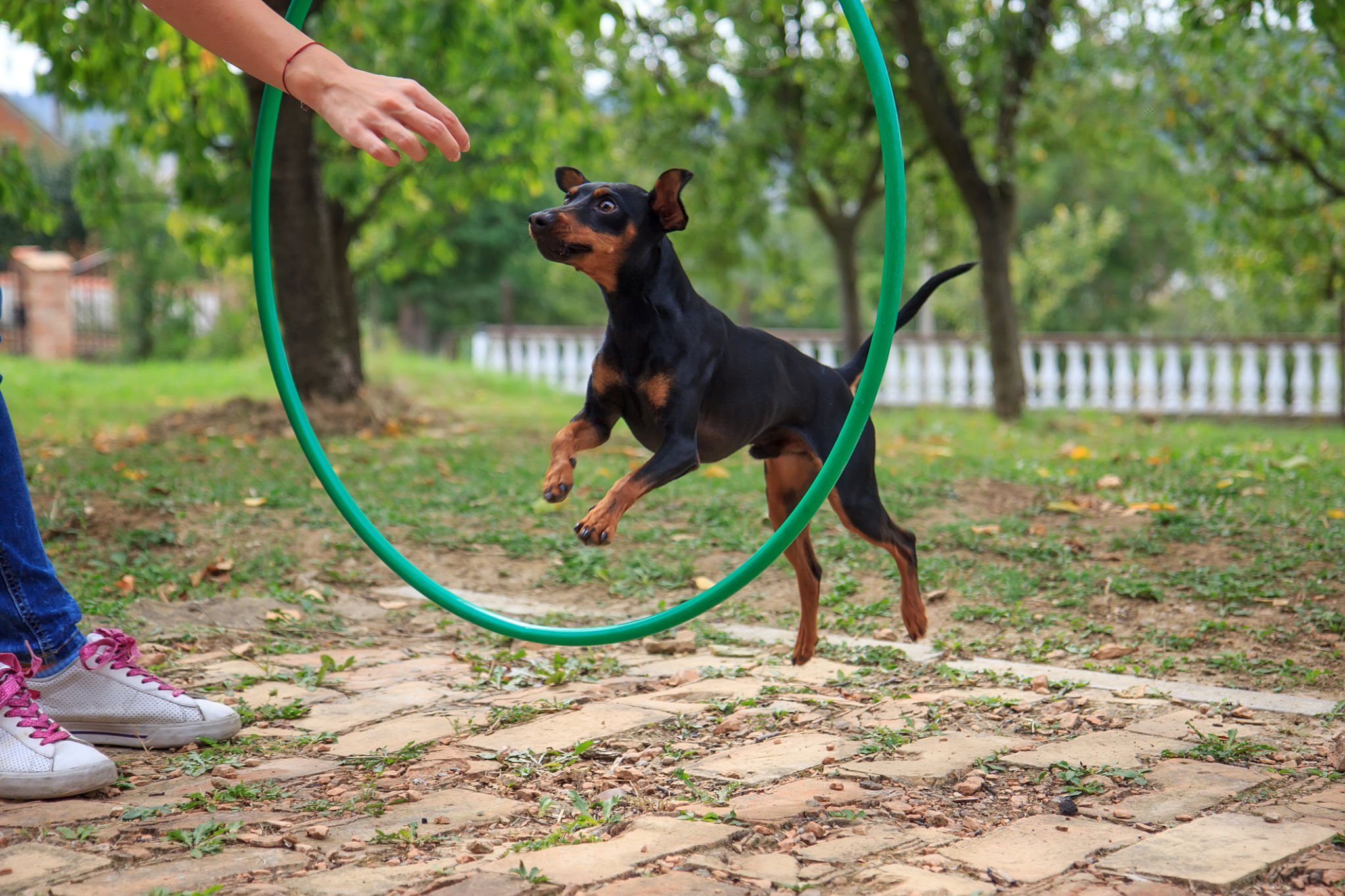
Conclusion
Establishing a training schedule for your puppy sets the stage for a well-behaved adult dog. Consistency, patience, and positive reinforcement are the keys to success. With this week-by-week guide, you'll be well on your way to raising a happy, well-adjusted puppy. Remember, every puppy is unique, so tailor your approach to fit their individual needs and personality. Happy training!
By following this comprehensive training schedule, you are investing in your puppy's future as a well-behaved, confident, and happy companion. The time and effort you put into training now will pay off in the long run, ensuring a harmonious and fulfilling relationship with your furry friend. Enjoy the journey and the special bond that comes with raising a puppy!
Keywords:
daily puppy training, puppy schedules, puppy training tips 8 weeks, puppy training schedule 8 weeks, daily training schedule for dogs, puppy schedule 10 weeks, puppy training schedule printable, puppy training schedule daily, puppy training tips week by week, 8 week old puppy training, 8 month old puppy schedule, 17 week old puppy schedule, puppy training guide week by week, puppy schedule 4 months, 14 week puppy schedule, puppy training schedule week by week, puppy training by week
